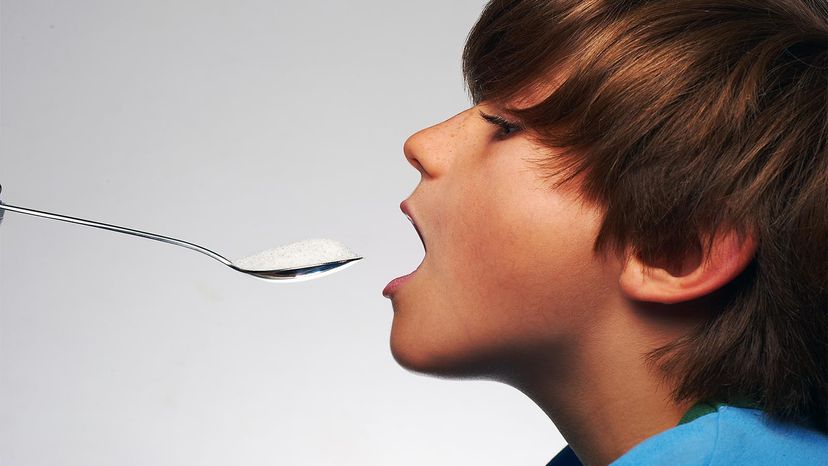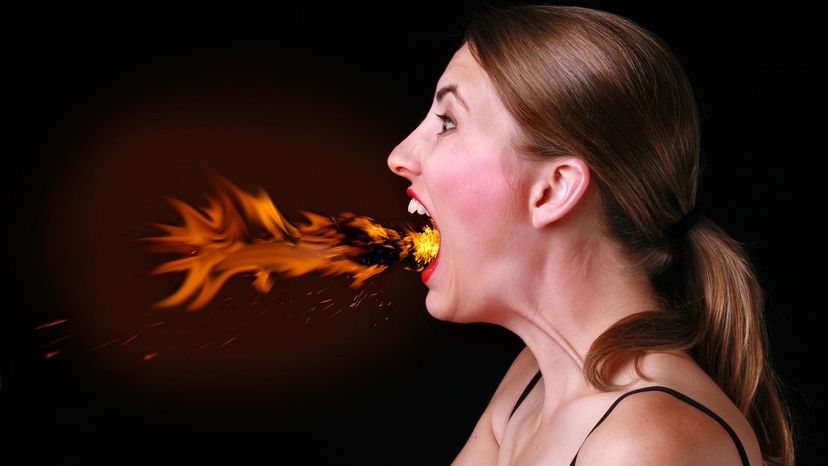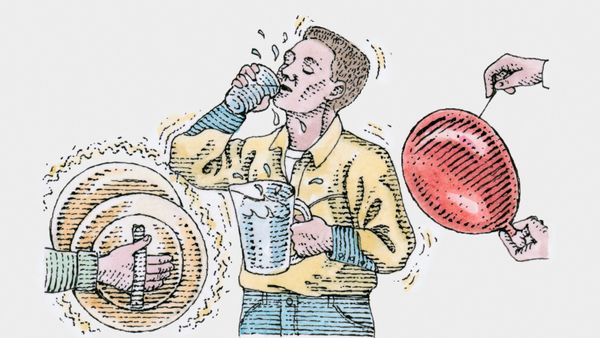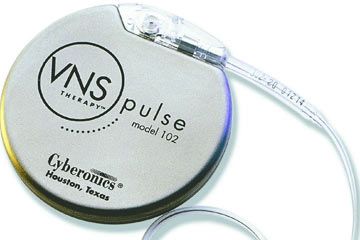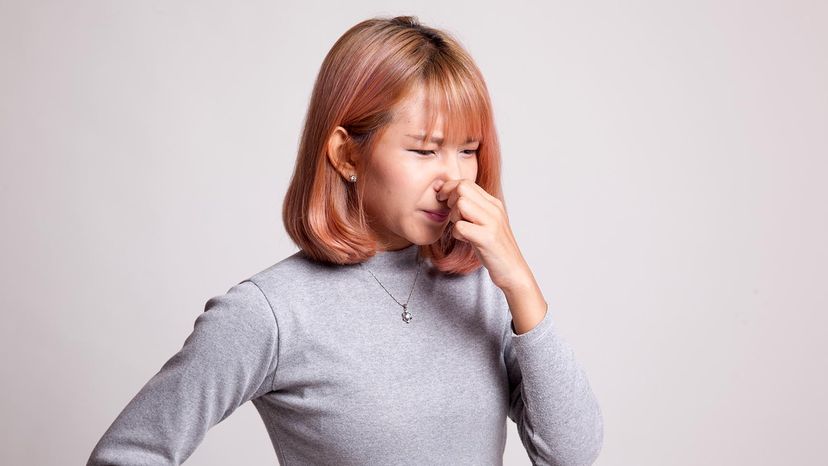
Everyone, even babies, has bouts of synchronous diaphragmatic flutter (SDF), or singultus. What, you've never heard of SDF? You know it better as the hiccups.
Sure you've had them before, but you probably have no idea what causes them. Good news, the suspense is over! The vagus nerve and its BFF, the phrenic nerve, which are located in your neck and continue down to your diaphragm (a large muscle necessary for breathing) right down into your abdomen. So, when these two BFFs get irritated, they cause your diaphragm to spasm involuntarily, which in turn causes your vocal cords to shut abruptly, and voila, you hiccup.
Advertisement
Now for every time you've had the hiccups, you've probably heard a home remedy for how to stop them. These are all thought to work in a couple of ways. One way to stifle hiccups is to overwhelm the vagus and phrenic nerves with another sensation. This signals the brain that more important matters have arisen, so it's time to knock off the hiccups.
Other methods interfere with breathing and increase the amount of carbon dioxide in your blood. This supposedly causes your body to become more concerned with getting rid of the carbon dioxide than with hiccupping.
Unfortunately, there is no tried-and-true method of stopping hiccups that works for all people, all the time. But don't fret — there is no shortage of remedies to try. It seems everyone has a "cure" for hiccups, so when you are trapped in the never-ending cycle of hiccupping, you might as well give a few a try.
